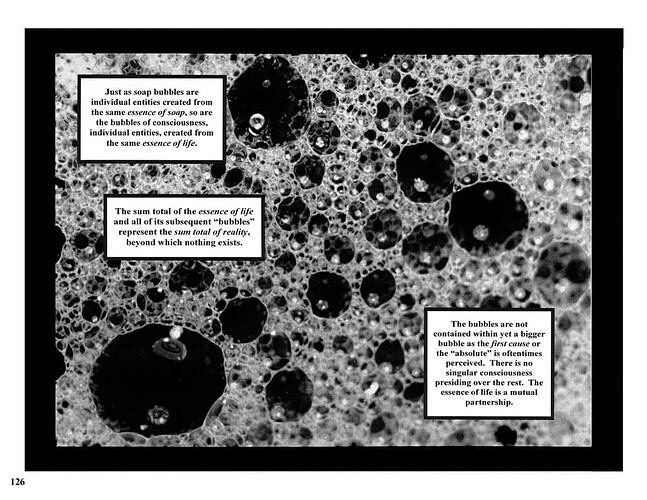Existence can be infinite or not, does it really matter? What is more cool is that existence EXISTS. This is easier to approach conceptually. Do this: imagine deleting things from existence. In your mind, just start deleting everything. The world around you, the entire earth, poof, gone. Even yourself, gone. Nothing. The solar system, our galaxy, gone. The entire universe, gone. What’s next? All the other universes, poof gone. And out and out, everywhere, everything is deleted, gone. Keep going until… you feel something.
What you should feel is a very strange sensation that has no word for it. It is something like the incomprehensibility of the idea of NOTHING anywhere, ever. Ever. Anywhere. At all. EVER. ANYWHERE.
If you cannot get to that weird feeling through this thought exercise, then you may not be thinking about these concepts deeply enough.
I wonder what that weird feeling is telling us. Could merely be what Kant said, that we approach the limits of our own reason. I don’t know why that ought to generate such a strange feeling though. Instead of putting it on us, I’d rather consider the feeling originates because we are beginning to consider a very important truth, something we have never conceived of before. Forcing our mind to arrive at the fundament of everything, the ‘beginning’ if you want to call it that. Ending or beginning, they are probably both the case here. One ends, but because it cannot be THE ending, it leads to or becomes another beginning.
